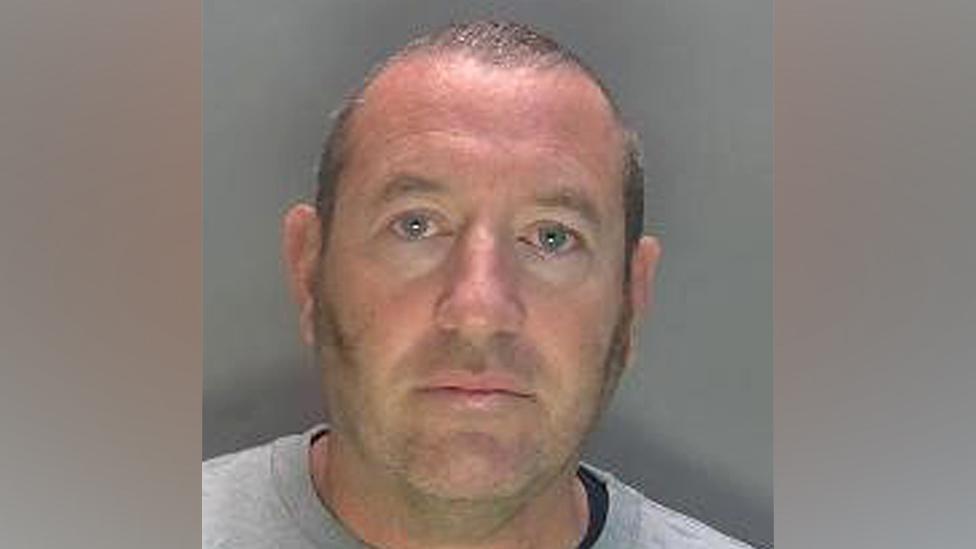Basildon: 'Most difficult time in policing,' says 999 officer
- Published
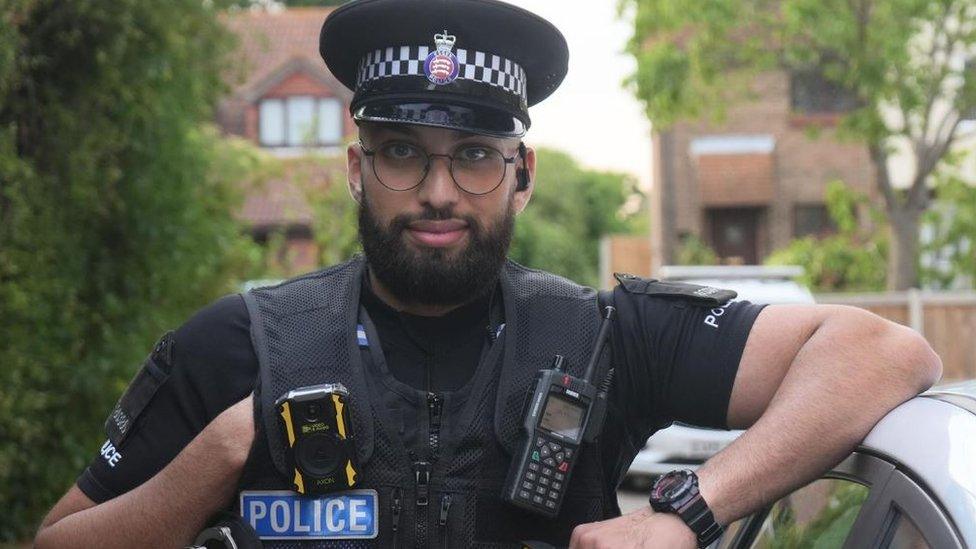
PC Ali Qayoumi said there has been a dip in respect towards officers responding to 999 calls
High-profile damning cases involving serving officers have resulted in "probably the most difficult time in policing", a constable has said.
PC Ali Qayoumi, of Essex Police, said members of the public were quicker than ever to criticise frontline officers on 999 calls.
He revealed the attitude shift while TV cameras were given exclusive behind-the-scenes access to crews in Basildon.
"Public confidence in the police has never been lower," said PC Qayoumi.
"But that's why it's so important to out and do a good job, because you know if you join a job to help people you can get some really good outcomes.
"Every single incident you go to, you can tell people sometimes vocalise it very easily to you."
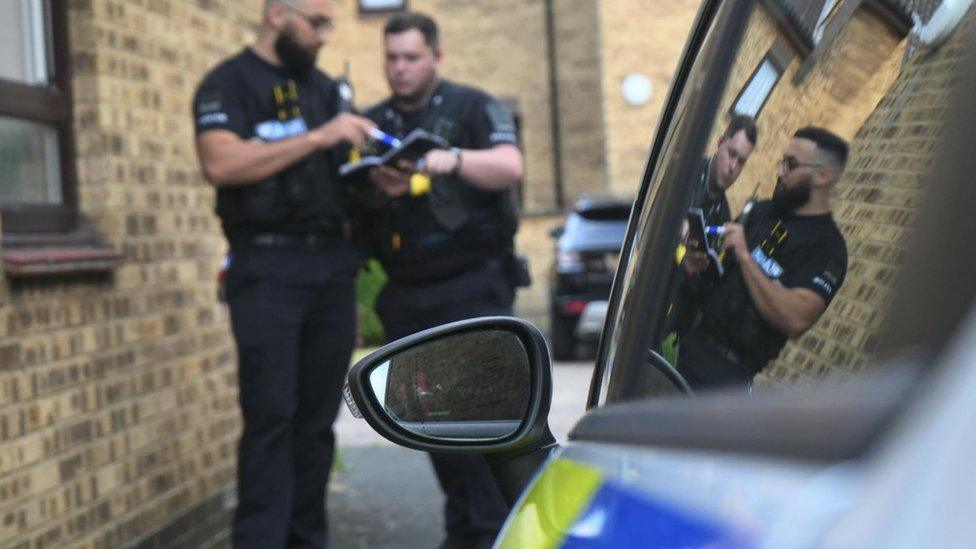
PC Qayoumi and his colleague PC Luke Edmonds were followed by TV cameras for a behind-the-scenes look at frontline policing in Basildon
His experience echoed the findings of this month's report by the Chief Inspector of the Constabulary, which said police forces were undergoing "one of their biggest crises in living memory".
Serving Met Police officers - killer Wayne Couzens and rapist David Carrick - were both recently jailed for their crimes.
PC Qayoumi, 26, has served in Essex Police for three-and-a-half years and works across the Basildon district.
It is one of the force's 14 areas and covers 42sq miles (110sq km), with a population of almost 190,000 people.
The Basildon district has been Essex's busiest area for 999 calls so far this year, with officers responding to 4,600 emergency calls to date.
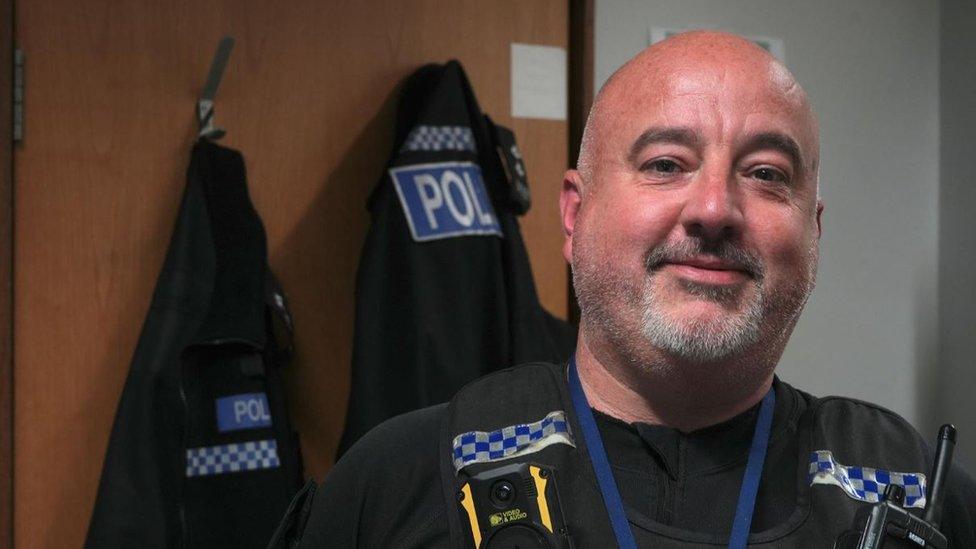
Insp Danny Barnes said his officers always had to deal with a range of emergencies often with limited or changing information
"That equates to about 24 emergencies a day and doesn't even include all the other calls we get, the 101s," said Insp Danny Barnes.
"These are 999 emergencies where police officers are required to respond on blue lights."
Insp Barnes said police often only had access to information given over the phone in rushed situations when deciding how to prioritise calls.
He said different districts and forces also had their own priorities for 999 calls, with Basildon ranking robberies seriously due to the potential of weapons being present.
PC Qayoumi said arriving at a scene as the first trained professional, with information constantly changing, meant the job was never boring.
"Truth be told it is scary, but you've got a job to do and people expect you to do it," he said.
"You have to be on your toes - no job is the same.
"Sometimes you'll go to the same address once or twice in a week.
"There's history behind every single incident and you have to take it into consideration."
A spokesperson for the force said: "Confidence in Essex Police remains high with independent research showing that 75% of people believe the force is doing a good or excellent job.
"In the 12 months to the end of May, there were almost 5,000 fewer offences recorded compared with the same time last year and the number of solved crimes increased by more than 1,300 in that same timeframe.
"Domestic abuse offences are decreasing and the force was recently ranked number one in the country for convicting sex offenders, with 91.3% of sexual offence cases in the 12 months to May ending with a successful conviction, compared against the 84.5% average nationally.
"Antisocial behaviour has been cut across the county by about one-third in the last year."
Watch: BBC Look East's full report on Thursday 29 June at 18:30

Follow East of England news on Facebook, external, Instagram, external and Twitter, external. Got a story? Email eastofenglandnews@bbc.co.uk or WhatsApp us on 0800 169 1830
Related topics
- Published28 June 2023
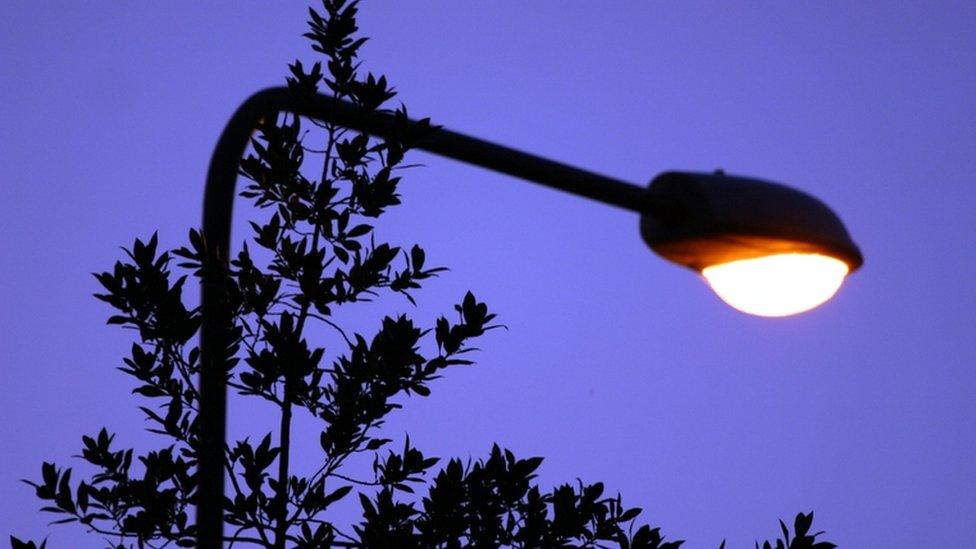
- Published17 June 2023
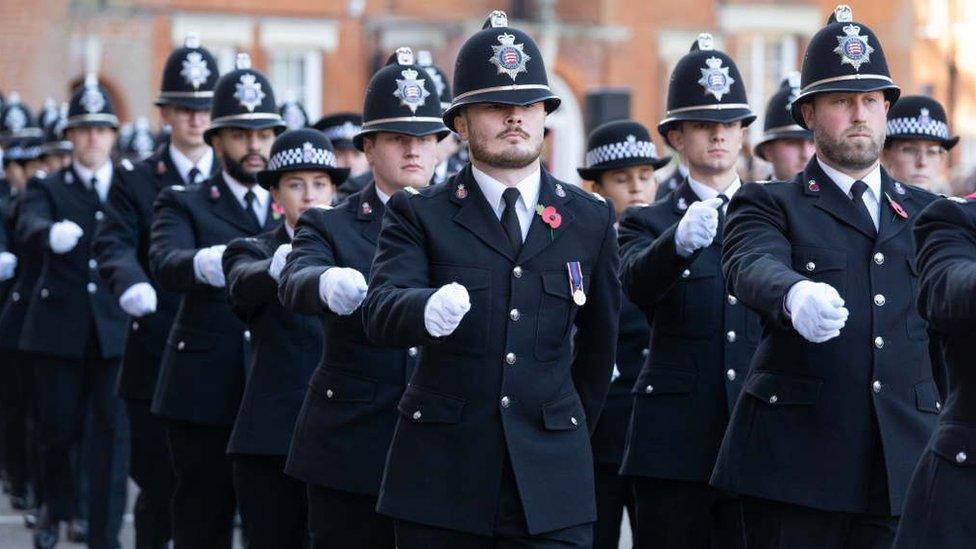
- Published9 June 2023
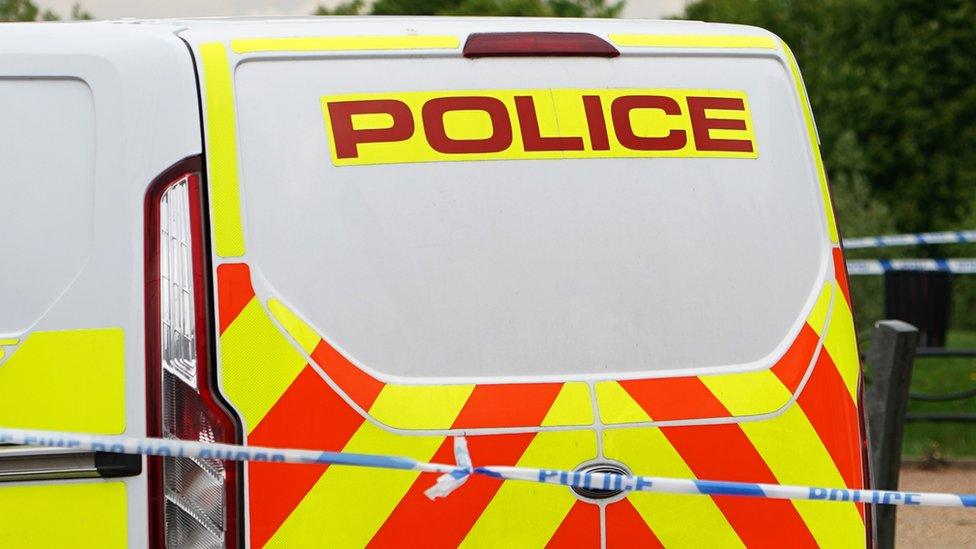
- Published8 June 2023
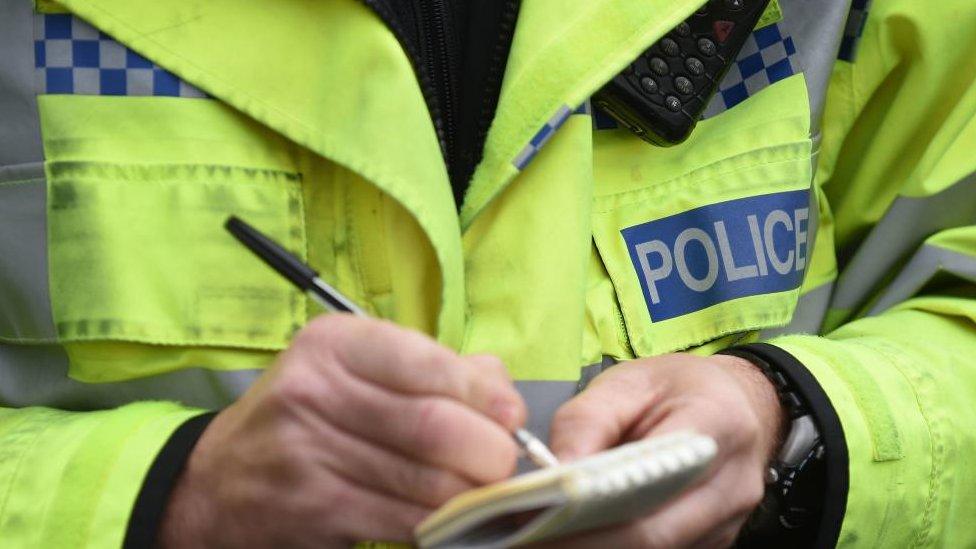
- Published24 May 2023
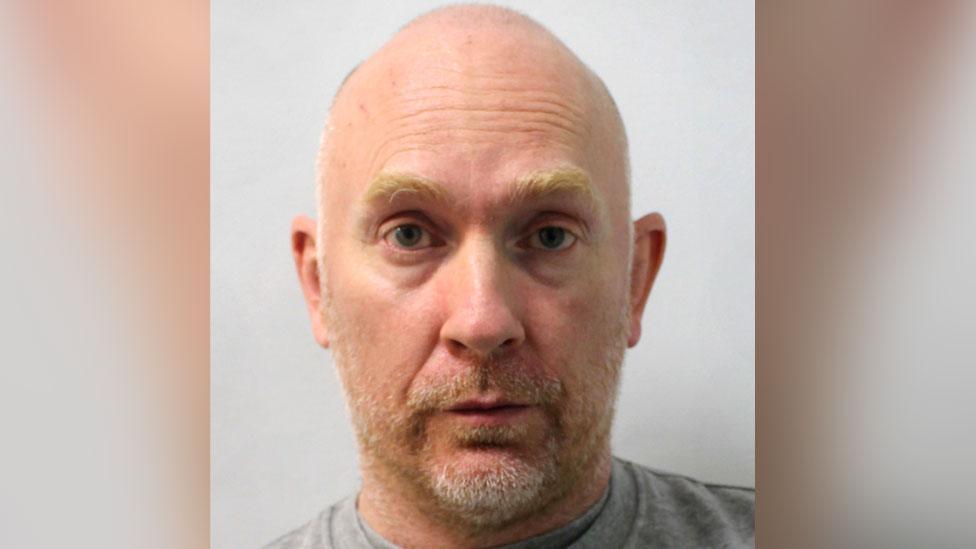
- Published7 February 2023
